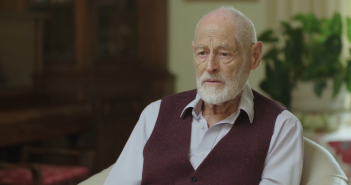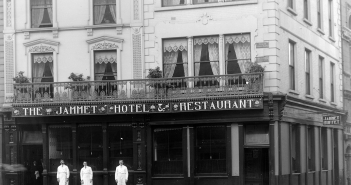This is the first instalment of a three part essay on the legacy of the Great Depression..
The Great Depression began in 1929, leading Wall Street bankers literally to throw themselves from windows. I was shown one such exit site on 45th Street 5th Avenue in Manhattan. Lives were destroyed as a favourable market collapsed. The fundamental point then, and now, about a favourable or unfavourable market is it is always an illusion. Smoke and mirrors.
Bull leads to Bear and back, and that cycle since 2008 is certainly where we are again, as confidence is lost in markets and neo-liberal non-interventionism. The effect in 1929 emphasised how when America catches a cold Europe contracts pneumonia. In the 1930s, the fragile, well-intentioned experiment in Wilsonian democracy collapsed virtually overnight. Now the effect is global.
Frank Armstrong explores the historical origins of capitalism, as the steady financialisation of property threatens the good life we have a right to expect.https://t.co/Lq7z4PeWCP@broadsheet_ie @BowesChay @liamherrick @williamhboney1 @KevinHIpoet1967 @VillageMagIRE @RoryHearne
— CassandraVoices (@VoicesCassandra) September 15, 2021
We are now seeing unmistakable signs of stagflation and even hyperinflation, accentuated by the additional disease burden of the virus on health systems subjected to decades of sneaking privatisation; while health inequalities widen, as transnational organisations and Big Pharma – using so-called philanthro-capitalism as a front – collude at the expense of the population at large.
The prospect looms of fuel and food shortages, decreased life expectancies – already evident before the pandemic – repossessions, and evictions, with limited support in countries without social democratic support structures.
In terms of civil liberties, we are entering dangerous territory too, with compulsory vaccination and quarantines. A long winter is coming. And what are we to make of most non-essential court cases in the UK being adjourned until September of next year?
this on the new deal has proved influential and is prescient
— David Langwallner (@DLangwallner) December 25, 2020
The New Deal
In 1932 at the height of its destitution, America elected its greatest ever leader the aristocratic bon vivant socialist Franklin Delano Roosevelt (FDR), who brought in the New Deal to save the country from ruin.
In contemporary America, no such leadership exists. Biden is no Roosevelt. He is unwilling to develop a true social market. All too many in America are ‘Bowling Alone’ as communities fall apart in a digitally mediated age of social atomisation.
The Great Depression represented a failure of the American idea of government. Apart from a few dissenters, such as the legendary Supreme Court judge Oliver Wendell Holmes, the business of America has always been business, until it goes bust.
In a tremendous refutation of free market economics in Lochner v. New York (1903) Holmes said: ‘The third amendment does not enact Mr Herbert spencer’s social statics’
Holmes was at least a quasi-socialist, who corresponded with Harold Laski. But neither an intellect like him or a proper social democratic deal maker and integrator like Roosevelt is evident in American politics today.
Obama received money and recruited Goldman Sachs alumni to his cabinet which is a bit like inviting a cuckoo into the nest.
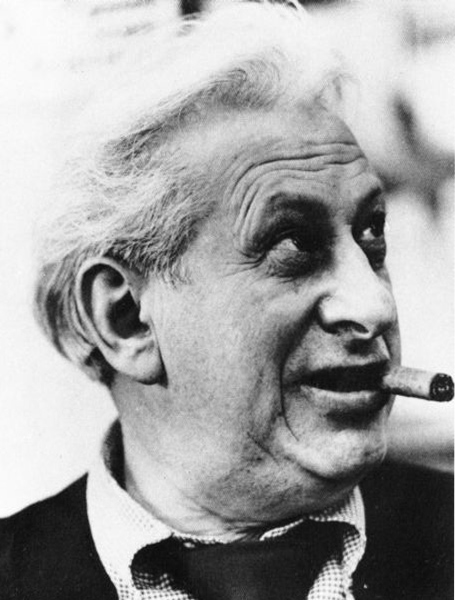
Studs Terkel
Hard Times
Another Chicago native and reporter of the last century, Studs Terkel chronicled American life in his book Hard Times, which is an oral history of the Depression era. Terkel argued that ‘the worst day-to-day operators of businesses are bankers,’ and quotes one source who has fallen on hard times:
We thought of the poor, at that time, as quite divorced from us, who were not poor. By the exercise of one’s charity, life could be made all right. You would always have the poor with you, they were the unfortunate, and you made donations. You could handle them. It was mildly unpleasant, but not fundamentally upsetting. Now, for the first time, we face the dreadful reality that we are not separated. They are us.
And another describes a scene of acute desperation:
They would just walk all over and kill each other. They got more than they ever need that they would just step on anybody to keep it. They got cars, they got houses, they got this and that. It is more than they need, but they think they need it, so they want to keep it. Human life isn’t as important as what they got.
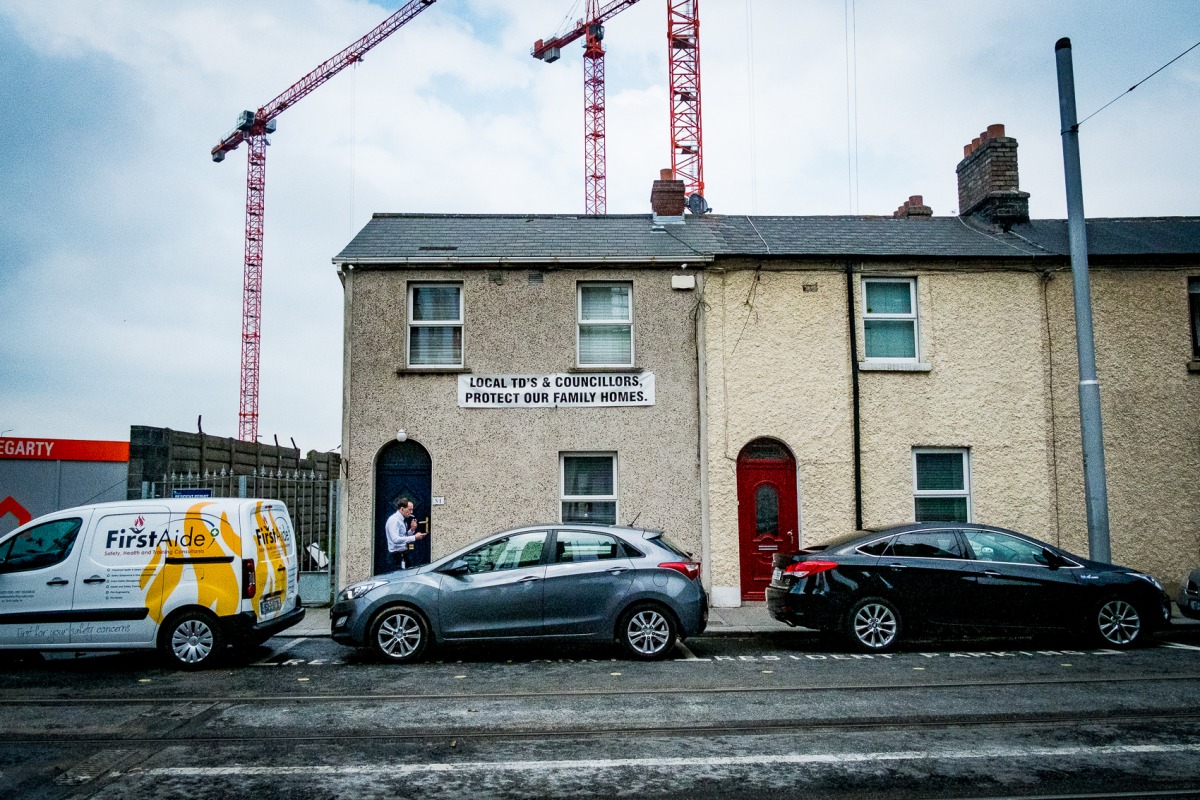
Image (c) Daniele Idini
Worse Still?
I fear that this collapse will be on a greater scale. Indeed, despite deprivation, life expectancies actually increased in America over the course of the 1930s, but since the turn of this century epidemiologists have been predicing a decline.
The successful application of the ideas of the master J. M. Keynes generated a worldwide social democratic model in the wake of the Great Depression, which became the consensus before the resurgence of neo-liberalism. This has undermined humanity since the late 1970s, and its effect now appear irreversible, given the absence of an alternative Communist model that compelled even governments devoted to capitalism to maintain a basic standard of living and healthcare.
In contrast, the neo-liberal model of marketisation of human activity has intruded into all sectors of life. This has denuded and in some cases destroyed what Habermas describes as the public sphere.
A set of unworkable ideas have spiralled out of control, and are generating a disaster. Liberal democracy is failing and becoming unworkable. In effect, the End Of History is the acceptance of discredited ideas, which have led us to this impasse.
Capitalism is not working because capitalism is not allowing people to work. Joseph Stieglitz, a former economist for the World Bank remarked: ‘Socialism for the rich capitalism for the poor.’ And increasingly basic liberties are being sacrificed at the altar of security.
Through words and exquisite illustrations, Gareth Curtis conveys the scene of the dramatic eviction on 'Sunnyvale', 23 Prussia Street last month.https://t.co/yti9OzURlI@broadsheet_ie @BowesChay @corourke91 @KevinHIpoet1967 @danwadewriter @NMcDevitt @PD03662439 @danieleidiniph1 pic.twitter.com/JicHcd3eU3
— CassandraVoices (@VoicesCassandra) November 25, 2021
Artistic Response
More than statisticians or economists, artists convey the individual effects of world historical events such as the Great Depression.
Although written in 1906, Upton Sinclair’s The Jungle is one of the core texts of the Depression, demonstrating the appalling work conditions in the Chicago meat packing industry. Many of his works including Oil, which became the film with Daniel Day Lewis ‘There Will be Blood’ attack unbridled capitalism and its depressing effects on the human spirit.
Two crucial quotes from The Jungle are as follows:
The rich people not only had all the money, they had all the chance to get more; they had all the knowledge and the power, and so the poor man was down, and he had to stay down.
And
Into this wild beast tangle these men had been born without their consent, they had taken part in it because they could not help it; that they were in jail was no disgrace to them, for the game had never been fair, the dice were loaded. They were swindlers and thieves of pennies and dimes, and they had been trapped and put out of the way by the swindlers and thieves of millions of dollars.
Sinclair paints a familiar scene, now throw in the disinformation of our post-truth universe and you have a neo-liberal Molotov cocktail. At least at that time there was vibrant social commentary, and a less captured media.
All little lives need protecting as Sinclair and above all John Steinbeck in his portrayals of the Okies in dustbowl America clearly recognised. His great novel The Grapes Of Wrath depicts a migration from the dustbowls of Oklahoma to California, which turns out to be no Promised Land, as any unionization or collective action is supressed, just as has been the case over the last thirty years.
More relevant than even Sinclair or Steinbeck as an evocation of the Depression-era in America is a book by James Agee, and photographer Walker Evans called Let Us Now Praise Famous Men, first published in 1941. The phrase originates in the Jewish religion. The complete sentence is: ‘Let Us Now Praise Famous Men and the fathers that beget them.’
The book, partially governmentally funded, chronicles dustbowl America. Evans adds the pictorial record of the devastation wreaked by the great economic depression in the dustbowl.
From the pictures of Walker Evans it is noticeable how grim the faces are. The anguished expressions on children is particularly harrowing. Lives lost by neglect and the degradation of poverty.
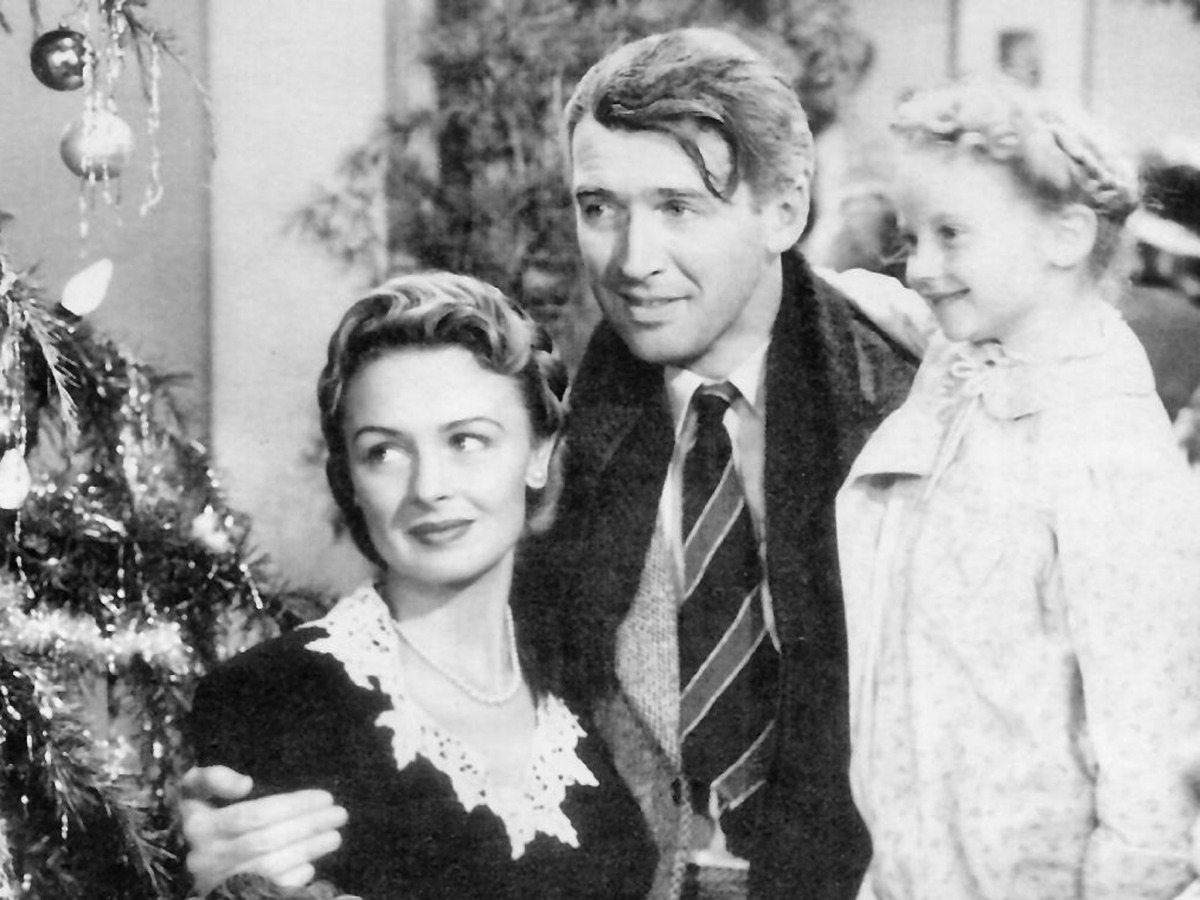
It’s A Wonderful Life
Austerity
It is well documented how austerity in our present age has killed people by stealth through the gradual removal of social supports. Lawyers and NHS workers might share the same fate. Whatever ramparts of social protection that previously existed are being whittled away by Covid. And
Any yet we cannot give up. Produced and directed by Frank Capra in the wake of World War II, ‘It’s a Wonderful life’ is about a good banker memorably played by Jimmy Stewart, who helps people to build new homes.
Capra, made many great films, but ‘It Happened One Night,’ which came out at the height of the Depression captures a spirit a popular spirit of defiance. So there is cause for optimism in poor folk.
Featured Image: Lunch atop a Skyscraper, Charlie C. Ebbets, 1932.


